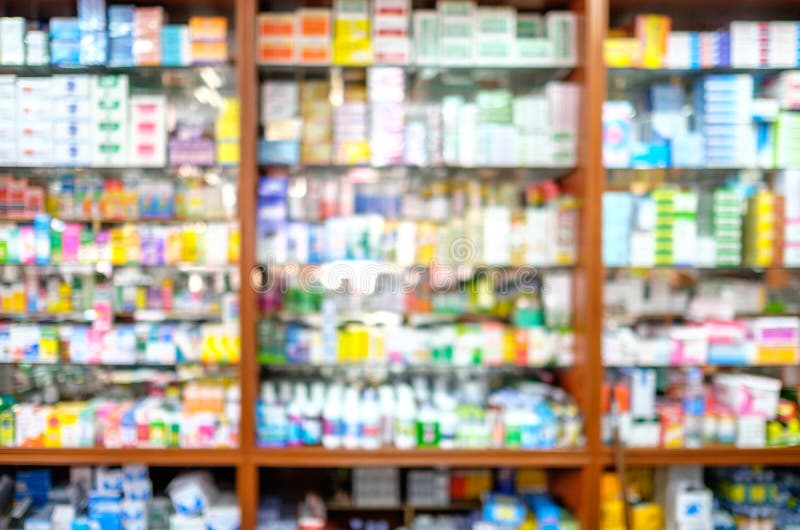NAFDAC Bans 101 Medicines, Targets Flagyl, Antimalarials

The National Agency for Food and Drug Administration and Control (NAFDAC) has delisted 101 drugs and health products, effectively banning their manufacture, importation, distribution, sale, advertisement, and use in Nigeria.
The move, announced in Abuja on Tuesday, 30th September, 2025 affects a wide range of commonly used medicines, including Flagyl (suspension and tablets), artemether/lumefantrine-based antimalarials, Penicillin G Sodium powder, insulin and hormone injectables, eye drops, inhalers, and vaccines such as Cryomarex Rispens HVT.
Why the Delisting?
According to NAFDAC, the action followed three categories of regulatory decisions:
Suspension of drugs that no longer met the conditions under which they were registered.
Cancellation of products whose registration licenses were revoked.
Withdrawal of products voluntarily removed by their market authorization holders.
The Agency clarified that once delisted, a product is deemed illegal for public use and cannot return to the market unless it undergoes fresh approval processes.
Widely Used Drugs Affected
Among the products on the list are household names like Flagyl, widely used to treat diarrhoea and infections, and artemether/lumefantrine, a frontline treatment for malaria.
Also included are diabetes medicines such as Januvia/Janumet, hormone therapy drugs like Norditropin, and Elisca eye drops.
The sweeping ban has raised concerns among health professionals and patients over access to essential medicines, especially antimalarials in a country where malaria remains a major public health challenge.
NAFDAC urged Nigerians to immediately discontinue the use of any of the banned medicines, warning that their sale or circulation would attract strict sanctions under national drug law.
“The affected products can no longer be legally manufactured, imported, exported, distributed, advertised, or used in Nigeria,” the Agency stressed in its public notice.
Pharmacists, Hospitals, and patients are expected to react in the coming days, with fears that the move may trigger drug shortages or push some essential medicines into the black market.
NAFDAC, however, assured the public that the delisting was part of efforts to safeguard health standards and rid the Nigerian market of unsafe or improperly registered medicines.



